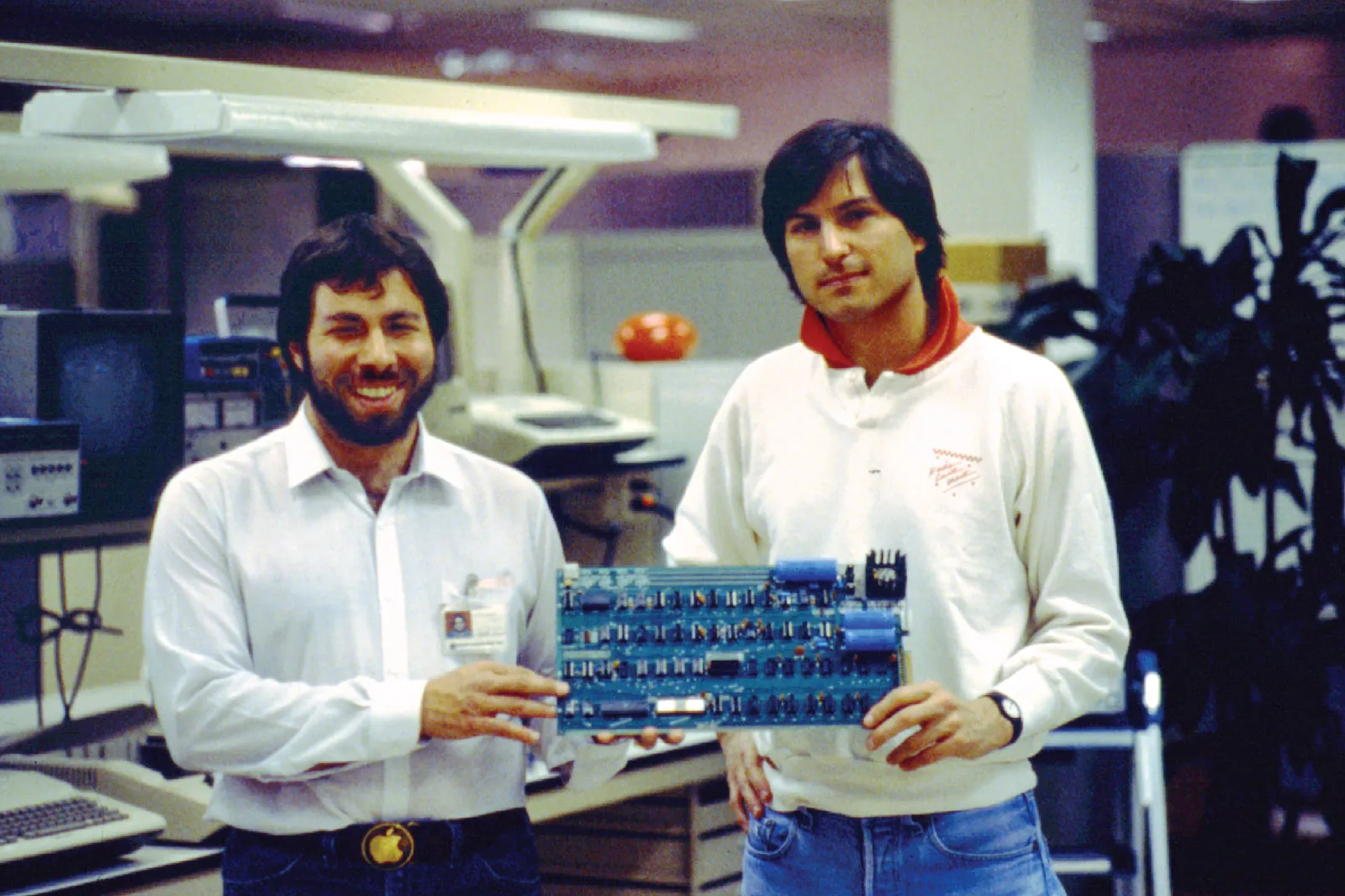💡✍️ADN #146: A band is just a startup where the product is feelings
Aug 31, 2025“A band is just a startup where the product is feelings.”
I know, sounds like a clever tweet.
But sit with it for a minute, and it explains almost everything about the music business.
A startup builds a product to solve a problem.
A band writes songs to express a feeling.
Both are trying to capture attention, build trust, and scale something fragile into something durable.
Founders = Bandmates
Startups have founders. Bands have bandmates.
Both begin with a small group of people willing to sacrifice time, money, and sanity for an idea no one else believes in yet.
Early on, everyone wears multiple hats.
The drummer is also the social media guy.
The singer is also the bookkeeper.
Same way a startup CEO is also the janitor, customer service rep, and head of HR.
Every band begins as a test of belief.
MVP = First Songs/Shows
Startups launch an MVP, a bare-bones version, just to see if anyone cares.
Bands do the same: the first demo, the backyard show, the shaky iPhone clip on TikTok.
It doesn’t have to be perfect.
It just has to exist.
Then you learn from the response.
Feedback helps focus your future.
Product-Market Fit = Audience Connection
Startups chase product-market fit.
Bands chase audience-artist fit.
You know you’ve found it when fans show up without begging, your song becomes their song, and people talk about you when you’re not in the room.
The crowd tells you when you’ve built something that matters.
Early Funding = Sweat Equity
Startups raise seed rounds. Bands raise side hustles, maxed-out cards, bar shifts, and van tours that lose money but gain believers.
Eventually, both need outside capital (labels, publishers, VCs). But at the start, it’s all sweat equity and stubborn belief.
The currency at the start is sacrifice.
Distribution Channels = Platforms
Startups test ads, affiliates, and resellers.
Bands test DSPs, TikTok, touring, syncs.
Ok Go hacked YouTube with treadmills before YouTube was “a thing.”
They turned a new platform into a rocket.
Your channel is the bridge between belief and believers.
Scaling = Building a Team
Startups eventually hire.
Bands eventually build teams: manager, agent, lawyer, crew.
Delegation is leverage.
Buy-in is fuel.
The stronger your team, the bigger your dream.
A dream only scales when others dream it too.
Exit = Legacy
Startups dream of IPOs and acquisitions.
Bands dream of timeless songs, sold-out tours, and catalogs that outlive them.
An “exit” for an artist isn’t selling the company.
It’s building something so durable it still gets played long after you’re gone.
Legacy is profit measured in time.
So What?
Treat your band like a startup, and you’ll see that project iteration is similar to Artist Development.
You start asking:
Do we have artist-market fit, or are we forcing it?
What’s our MVP (first single, EP, or album), and how fast can we launch it?
Which channels are actually working?
Who do we need to hire next?
Because startups and bands both live or die by the same metric: how deeply people care.
Your product isn’t software.
Your product is feelings.
Package them.
Distribute them.
Scale them.
Protect them.
Feelings are the most viral product on Earth.
That’s the playbook.
The next time you’re lost in the fog of “how do we grow this band,” go study a startup.
You’ll see the same roadmaps, the same mistakes, and the same breakthroughs, just with a different product.
Remember, the Apple I was just two dreamers’ Album One.

See you next Sunday,
Neil